It is difficult to know exactly how many people living in Aotearoa New Zealand are vegetarians as different statistics are reported by different organisations and researchers. A national poll in 2019 suggested that 1 in 10 New Zealanders were vegetarian, up 3% from the year before. A larger scale national research project in 2021 found that 6% were vegetarian or vegan.
Low or no data? Visit zero.govt.nz, scroll down the page then click on our logo to return to our site and browse for free.
Vegetarianism and veganism
Key points about vegetarianism and veganism
- A well-planned diet that avoids meat or other animal products can be healthy, but you need to make sure that your diet is meeting all your nutritional needs.
- Find out about things to be aware of if you chose to be vegetarian or vegan.
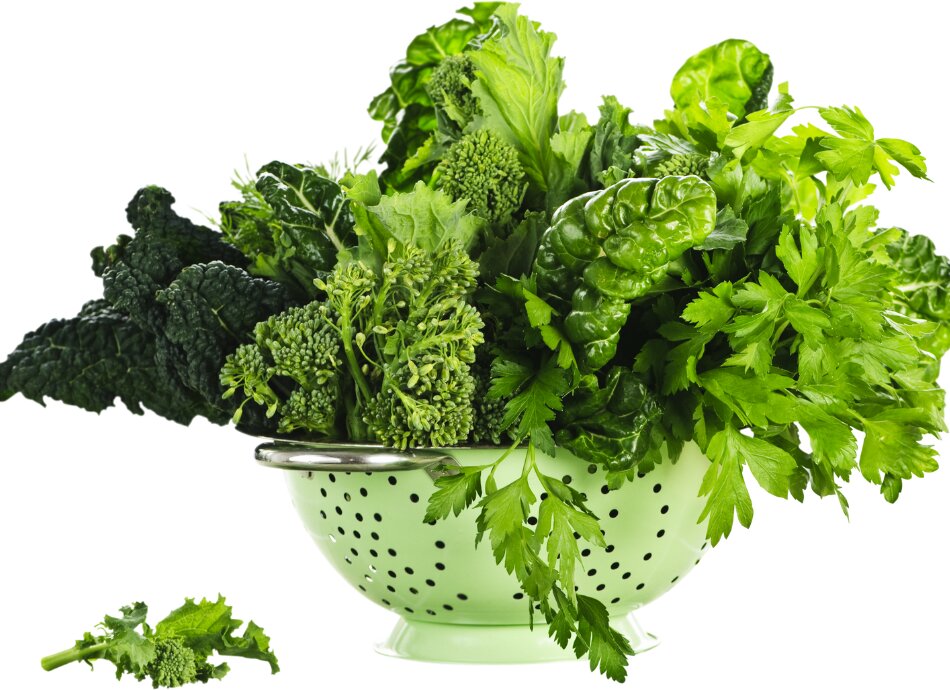
There are a wide range of reasons and personal beliefs underlying people's choices about adopting a vegetarian or vegan diet. These include:
- animal welfare – no person has a right to own or exploit another animal
- human welfare – it is better to plant food to feed people than to feed animal stock
- environment – wasteful land use involved in producing meat (eg, 13.18kg plant protein makes 0.45kg beef)
- religious grounds
- poverty
- health, eg, lower bowel cancer rates
- eating disorders
- revulsion and/or dislike of the taste of meat or animal products.
Cutting animal products from your diet is most common among young women. It is estimated that 2% of young women aged between 15 and 24 years describe themselves as vegan, 2% lacto-ovo vegetarian and 5% semi-vegetarian.
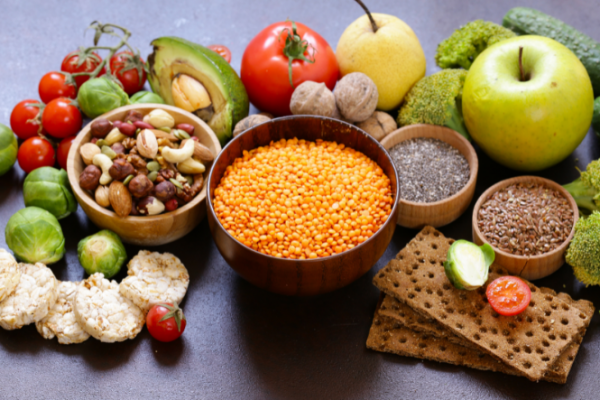
Image credit: Canva
By eating a variety of foods including fruits, vegetables, legumes, nuts and seeds, soy products, and whole grains, vegetarians can get nutrients from non–meat sources, although taking some vitamin or mineral supplements may be advisable to ensure you are getting a completely balanced diet. If you are considering becoming vegetarian or vegan consult your doctor about how best to do this given your current state of health.
For practically all diseases, vegetarians fare better than the general population. Nutritionists put this down less to the avoidance of meat and more to the fact most vegetarians generally have a healthier lifestyle than most non-vegetarians. For example, they tend to smoke less, exercise more and be more proactive about attending screening programmes.
However, research shows that vegetarian health status is no different from a healthy population of non-vegetarians. The exception being that vegetarians have a slightly lower ischaemic heart disease rate.
For some people with health conditions requiring specific nutrition being vegan or vegetarian is not the best option. For example people with eating disorders may need to stop being vegetarian for the duration of their treatment in order to get well.
Health risks are minimal for people choosing not to eat meat, but there are some things to be aware of. Vegetarians, especially vegans, need to pay attention to their diets to ensure they are getting enough nutrients, including iron, vitamin B12, protein and omega-3 fatty acids.
Iron and vitamin C
Vitamin C helps with the absorption of plant-derived iron, which isn’t absorbed as well as meat-derived iron. For this reason, people choosing not to eat meat should choose foods rich in vitamin C at each meal.
Vitamin C-rich foods include citrus fruits, rock melon, tomato, capsicum, cabbage and broccoli. Iron-containing foods include wholegrain cereals, dried beans and lentils, and green vegetables.
Vitamin B12
Vitamin B12 plays an essential role in your health. A lack of vitamin B12 can cause serious problems with your physical and mental health. If you are vegetarian or vegan, you must take particular care to consume enough Vitamin B12, as it is mainly found in meat, eggs, and dairy products.
Vegan dietary sources of vitamin B12 include fortified cereals, fortified non-dairy milk, nutritional yeast and marmite.
You can also take B12 in the form of capsules or injections. Ask your doctor or pharmacist whether supplementation is right for you. See vitamin B12 supplements
Protein
Plant protein is often referred to as incomplete because it lacks some essential amino acids. But eating a variety of plant foods can provide you with the full complement. Plant proteins include nuts, cereals (preferably wholemeal, such as bread, rice and pasta) and legumes (lentils, dried beans and peas). Soybeans and wheatgerm contain protein, too.
Omega 3
Ground flaxseed (linseed) or flax oil is also an excellent source of omega 3.
NZ Nutrition Foundation(external link)
Veganism and eating disorders(external link) Eating Disorders Victoria, Australia
Vegan pregnancy and raising vegan kids(external link) Vegan Society of Aotearoa New Zealand
Resources
Easy ways to eat more veges(external link) Health Promotion Agency, NZ, 2021
Eating for healthy vegetarians(external link) HealthEd, NZ, 2019
Plant-based milk alternatives(external link) Health Promotion Agency, NZ, 2020
References
- Better futures 2019(external link) Colmar Brunton, NZ, 2019
- Vegetarian diet and eating disorders(external link) Centre for Clinical Interventions, Australia, 2018
- Plant-based vegetarian and vegan diets(external link) Heart Foundation, NZ
- Milfont TL, Satherley N, Osborne D, Wilson MS, Sibley CG. To meat, or not to meat – a longitudinal investigation of transitioning to and from plant-based diets(external link) Appetite. 2021 Nov 1;166:105584.
Brochures
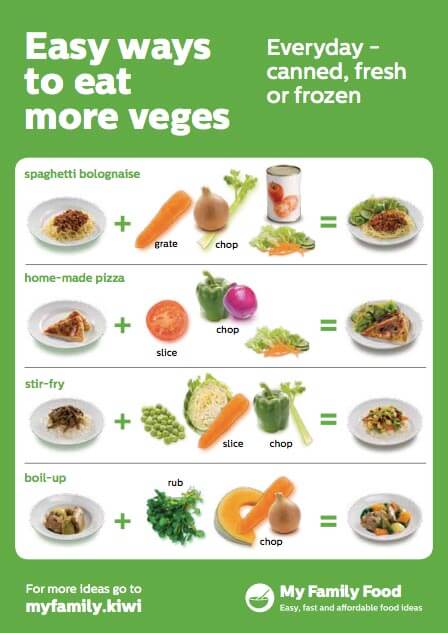
Health Promotion Agency, NZ, 2021
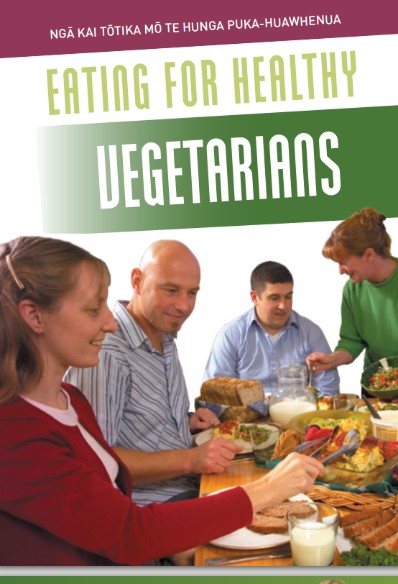
HealthEd, NZ, 2019
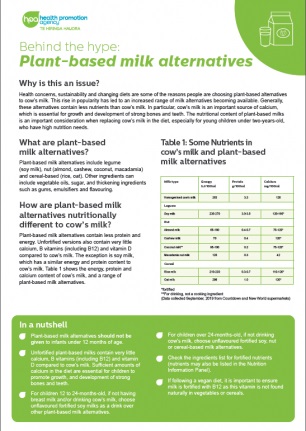
Health Promotion Agency, NZ, 2020
Credits: Healthify Editorial Team. Healthify is brought to you by Health Navigator Charitable Trust.
Page last updated:





